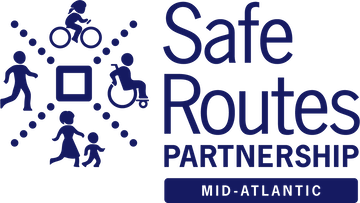Earlier this week, on July 17, City Councilman Ryan Dorsey, introduced a new Complete Streets ordinance aimed getting the Baltimore City Department of Transportation to prioritize future transportation policies and projects that promote economic development and “ensure equity by eliminating health, economic, and access disparities.” In a city where over 30 percent of residents lack access to a car, a percentage which skyrockets to 80 percent in historically disenfranchised neighborhoods, this Bill represents a significant first step in moving away from a car-oriented road design and building a city that works for all of its residents.
In addition to requiring that all transportation projects meet Complete Streets standards, the bill would also require:
- The establishment of a Complete Streets Coordinating Council
- The adoption and implementation of the most recent and progressive design standards (including those set by NACTO, AASHTO, FHWA, ITE, among others);
- Equitable community engagement;
- Use of an equity lens in its annual reports and data collection; and
- Transparency by regularly publishing data.
Bikemore, who has led the charge in calling for the adoption of a binding Complete Streets policy in Baltimore, has also built a broad coalition of organizations supporting the measure. Among its supporters are AARP, the Central Maryland Transportation Alliance, the Maryland Builders Industry Association, CASA de Maryland, No Boundaries Coalition of Central West Baltimore, Old Goucher Community Association, and the Original Northwood Association. We at the Safe Routes Partnership are proud to be part of this coalition.
To learn more about the Complete Streets efforts in Baltimore and how you can get involved, please visit www.baltimorecompletestreets.com.


